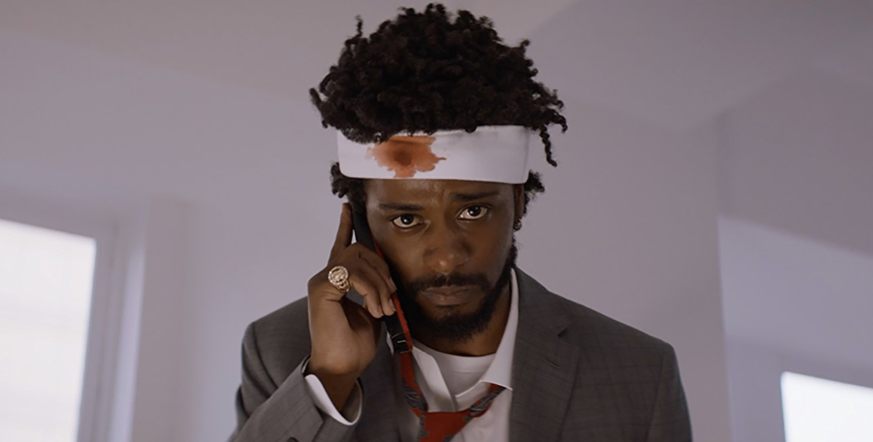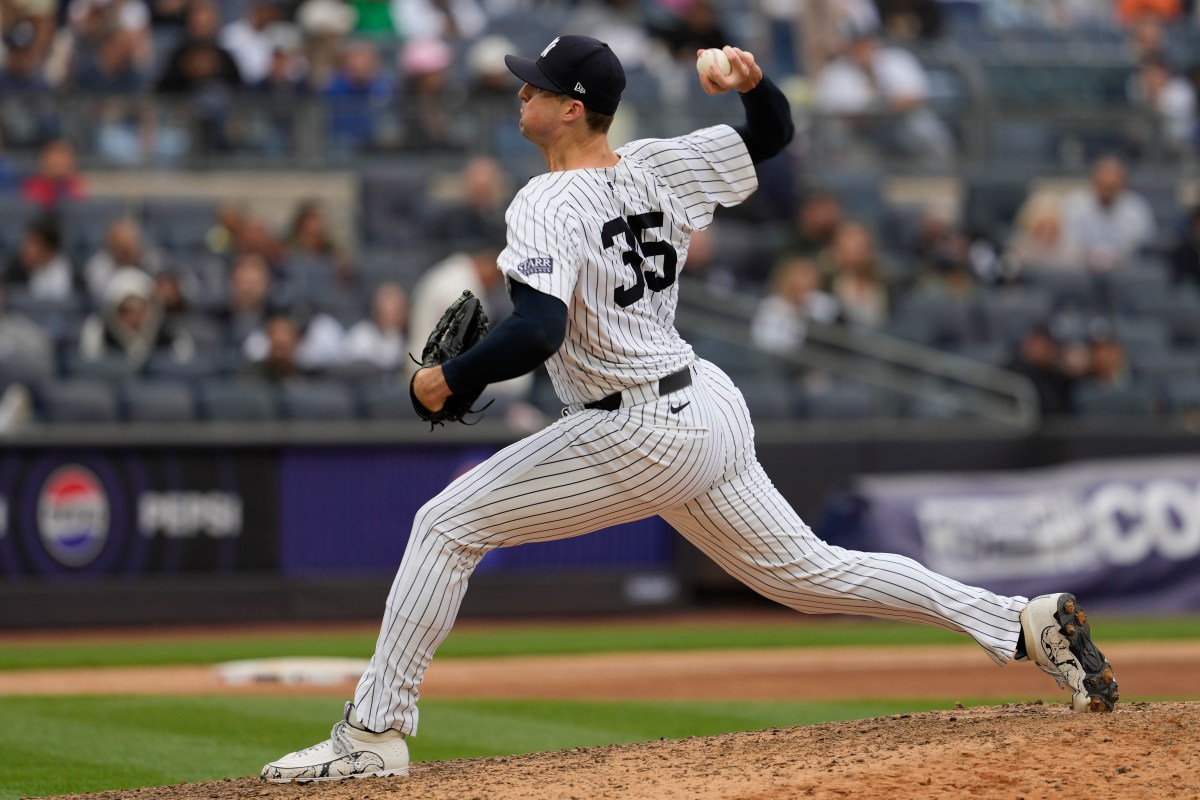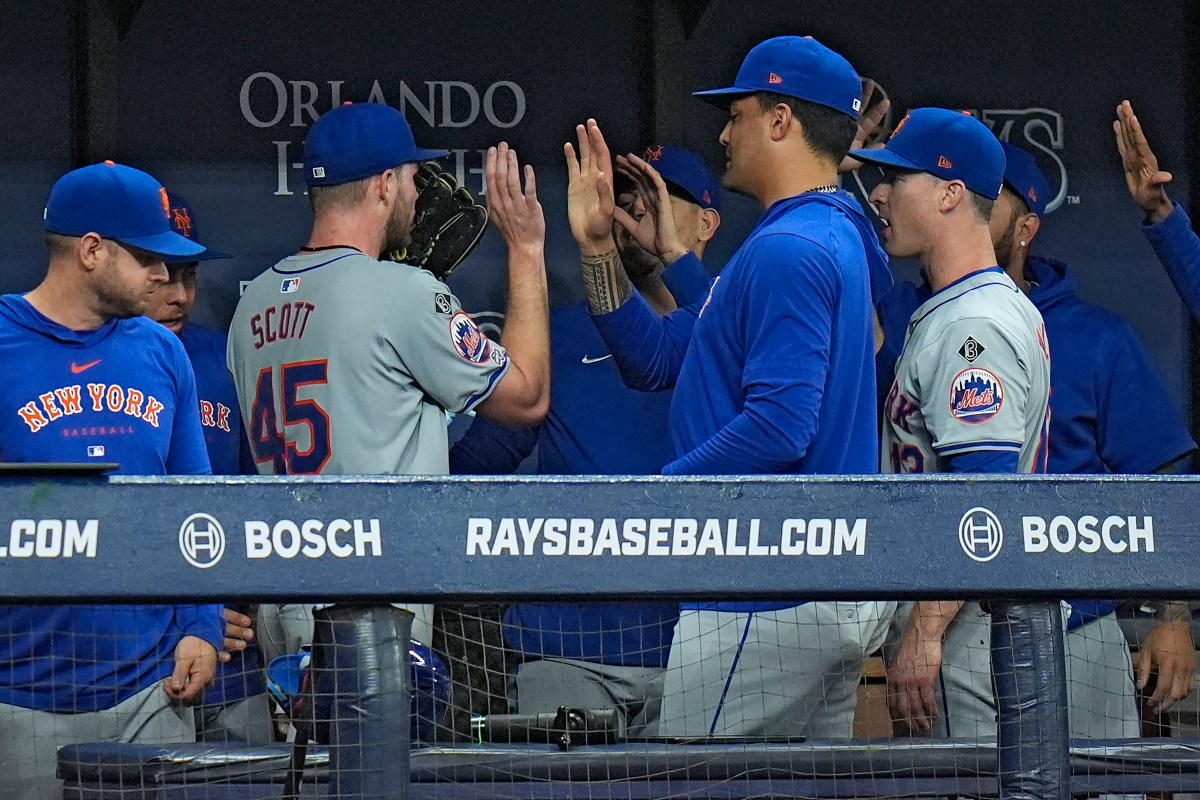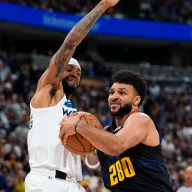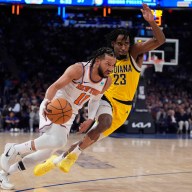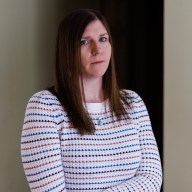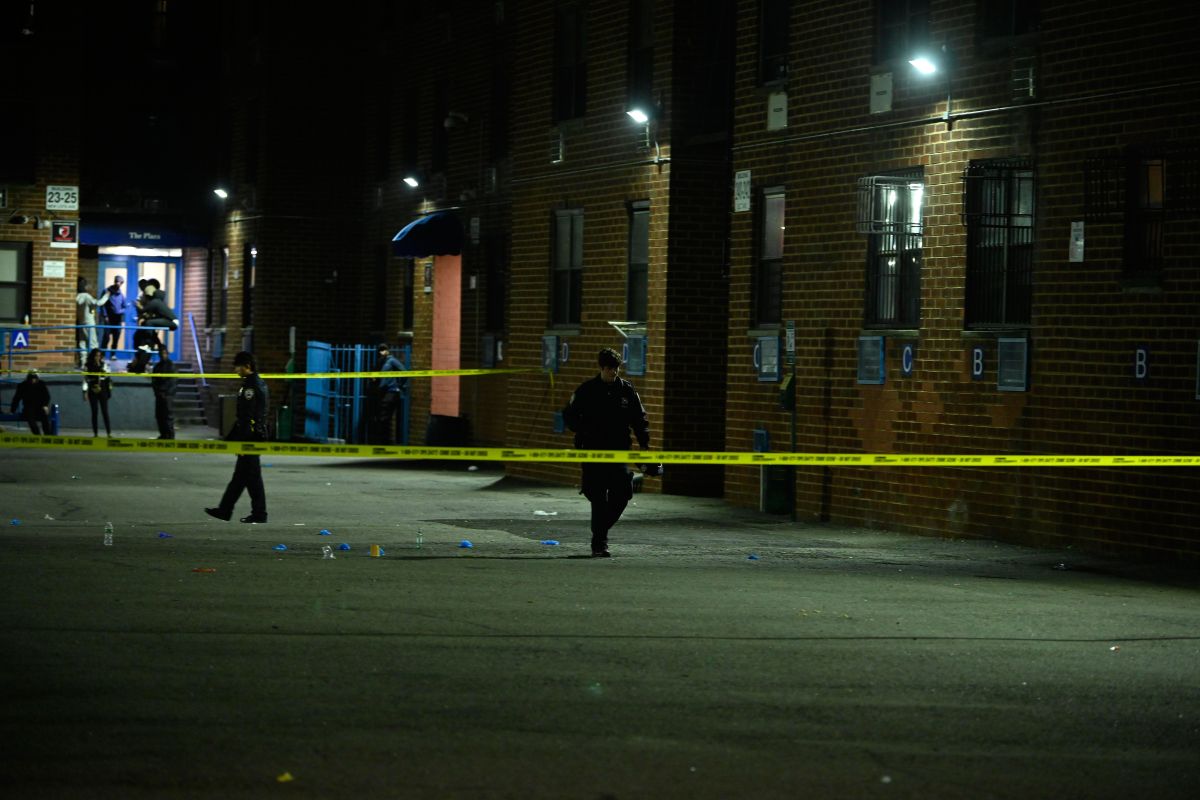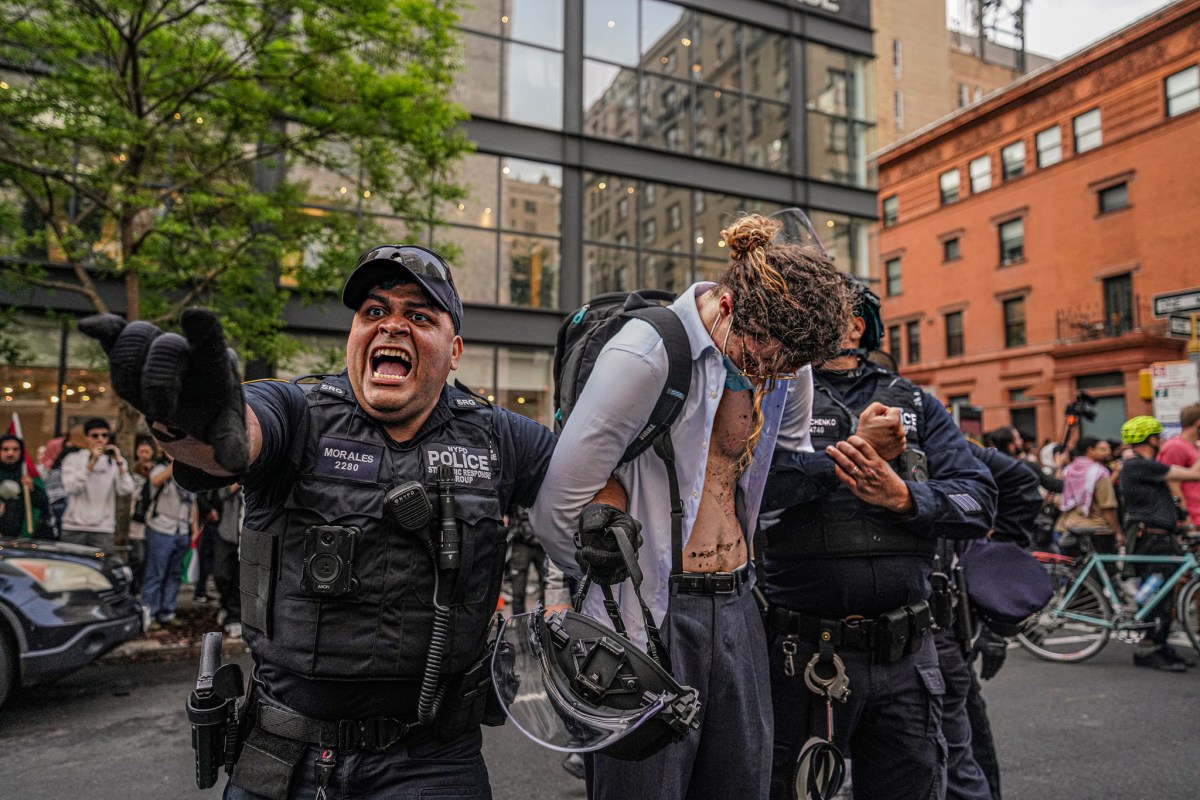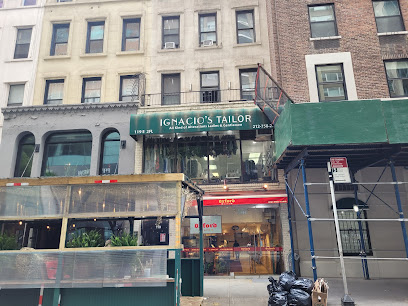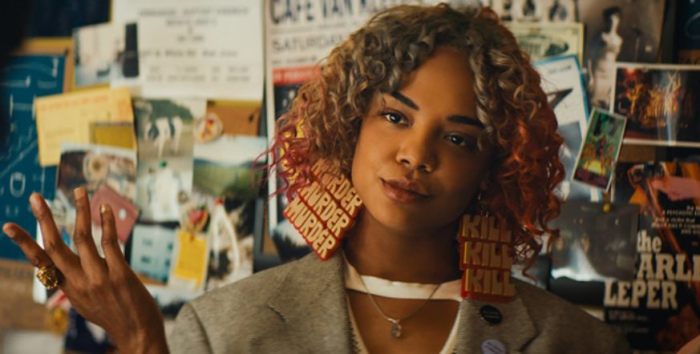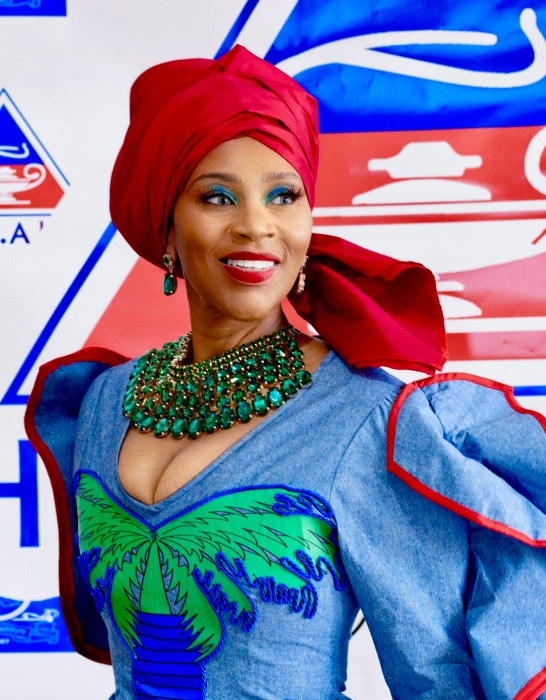Even over the phone you can tell that Lakeith Stanfield is beaming with pride.
There are many, many reasons why that might be the case. But, this time, Stanfield isn’t waxing lyrical about the Oscar winning “Get Out,” or the continued acclaimed for “Atlanta,” though.
Instead, the increasingly popular 26-year-old can’t hide his joy about leading “Sorry To Bother You, “Boots Riley’s Sundance hit that revolves around Stanfield’s Cassius Green, a telemarketer that is catapulted to success after he begins to adopt a white voice.
That’s only half the story, though, because “Sorry To Bother You” soon goes down a gloriously bizarre rabbit hole of cinematic wonder.
So much so that Lakeith Stanfield was quick to tell me just how honored he was to join Boots Riley, Tessa Thompson, Terry Crews, David Cross, Patton Oswalt and Armie Hammer on the beguiling science fiction/satirical comedy.
What was your first reaction to “Sorry To Bother You’s” script?
’What the f*** is this!?’ That was exactly my reaction. Then I read it the second and a third time, and I was like, ‘Why the f*** haven’t I ever seen anything this great? And why the f*** am I even being considered to take on this man’s crazy brilliant story.’ I just knew I had to be a part of it.
Could you immediately picture what Boots wanted to do with it?
I thought I did. I thought my imagination was somewhat vivid enough to envision what we would be doing. But I found out later I had no idea how it would take form and that my futile attempts to attempt that were just that, futile attempts. It became clear to me that we were doing something that would unfold in front of all of our eyes as we were doing it. It was really a journey for everybody. I don’t think Boots expected it to take the turns it took, even though he has been working on it for years prior. I think all of us were surprised. A lot of that was just the way we collaborated on screen. I had the opportunity to work with some really great people, who I developed a profound love for while doing it. That’s something I don’t take for granted. Because I know it doesn’t always happen. But with these people, there was no way not to like all of these beautiful people. I feel grateful that this is something that I get to talk to people about.
What did Boots say about the film after you read the script?
This thing is really kind of hard to talk about. Especially in script form. He just kept saying, ‘Just read the script and then we will take about it.’ The problem was just getting me to read the script at first. I had a lot of scripts to read, which I am grateful for. But sometimes I don’t get around to it, and if I am not compelled to read it really quickly it might take me a day or two. But finally when I read it I was like,’Wow.’ He didn’t need to say anything else after that. Then I was just like, ‘Yeah, I get it. Let’s do it.’
How long was production?
23 days.
So, since Boots’ background is mainly in music, did that make his approach different?
He had a different way of doing everything. Almost every approach to this film I had never seen it be done before. I haven’t been working extremely long, but I have been on a couple of sets and I have seen different directors’ styles, and I am always excited to see how different people work. But I have never seen a movie put together like this. There were scenes where furniture was just coming apart and things were just moving. It was all practical effects. So it was happening in real time. There were crazy beings, and crazy things that I had never seen before. Big sculptures of things, and pieces, and football players, and colors and paints. It was like a big art installation, the whole set. It made me excited. Because it made me feel like I could play on this canvas. There were so many imaginative things that were brought to life, which was quite amazing. It almost felt like a Disney movie that was not rated G.
Was there a particularly rewarding scene to shoot?
I think the scene that felt rewarding to me was the scene where I was trying to contact news outlets in order for someone to cover the story. Because at the time I was feeling really hopeful that I might be able to make a change, so it was really demoralizing when I didn’t. But when you hit the bottom the only place you can go is up. So that was a place where I felt really empowered in the character. For me personally I liked the scene that I didn’t with Armie. Where he was sort of ushering me into WorryFree and lifting a veil on what they do and their practices. Because it was just intense. Armie is quite the guy so it was nice to act with him. I couldn’t tell on and off set whether he was really doing coke or whether it was just the character. I am kidding. But his energy was just of such a nature that it was really, really fun and challenging.
Even though Boots has been working on it for a while, it feels really, really timely.
Check this, when Boots first wrote this he had a version where Armie’s character tells Cassius, ‘You’re going to be the one that makes American great again.’ He ended up taking that actual line out as we came closer to Trump’s inauguration. Because that wasn’t even anything he had planned. It was just funny that that slogan had popped back up.
What was your biggest take-away from working on it then?
I feel great that I know that if you work really, really hard on something, which we all did on this. But this was a responsibility unlike any other for me. Coming out of the other end of it, when I sat down to watch the movie for the fist time I just felt confident and completely OK with what the result might be. I wasn’t nervous. I just felt fine. I didn’t care about seeing my face on there. I was just like, ‘Right, here we are.’ To my great surprise this is my favorite thing I have ever had a chance to work on. I was entertained and had to think and everything. I was scared at certain moments, I was nervous, I just felt everything. I was just really, really happy. Because that’s what I got into this to do. I was able to make myself feel that so I know other people will be touched by this project. So I am really happy about that.
Especially because you never know what is going to happen next with it.
That’s right. That’s right. My contention is that no matter where it goes it is going to be bother someone. So just to say to everyone before it does, sorry to bother you. That was the corniest and greatest thing I have ever said.
“Sorry To Bother You” is released on Friday July 6.

